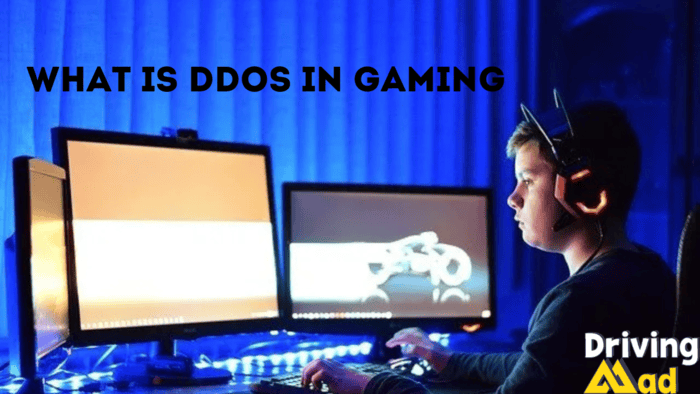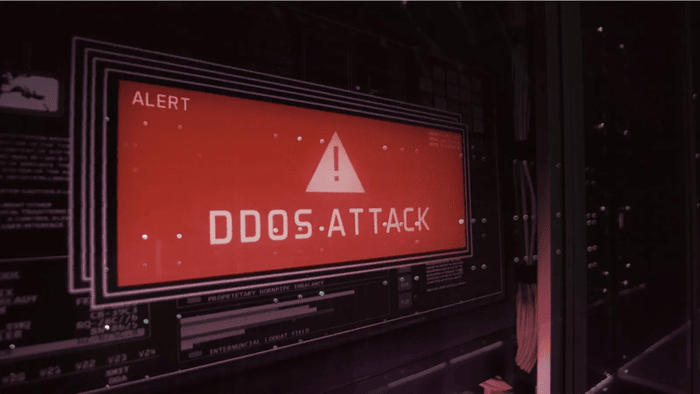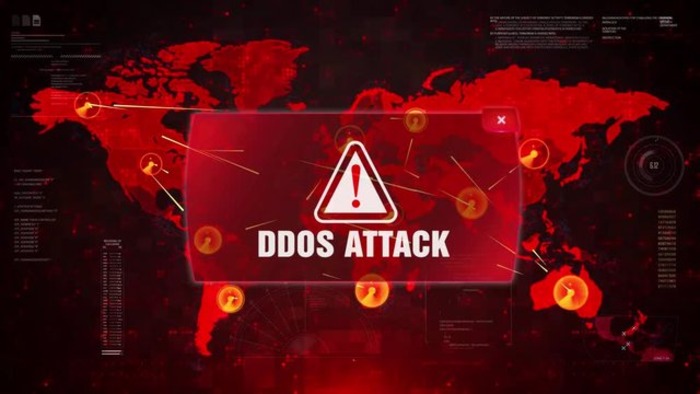A Distributed Denial of Service (DDoS) attack occurs when an attacker floods a website, service, or network with excessive internet traffic from multiple sources.
The heavy traffic slows down the system or blocks real users from accessing it.
Hello, online defenders and tech warriors! Let’s talk about something that frustrates both gamers and developers: DDoS.
No, it’s not a cool dance move or a secret gamer term. It’s a harmful tactic that can ruin your gaming experience by causing severe lag.
Let’s break down what DDoS is and why it matters in gaming!

What Does DDoS Mean in Gaming?
DDoS stands for Distributed Denial of Service. It is a cyber attack that floods a system, such as a game server, with too much internet traffic.
The goal is to slow it down or make it crash. Imagine a huge crowd trying to squeeze through a tiny door—chaos happens!
Where Did the Term Come From?

DoS (Denial of Service) attacks have existed since the internet’s early days. As defenses improved, attackers found new ways to strike.
That’s when DDoS attacks emerged. The “Distributed” part means the attack comes from many sources, making it harder to stop.
The term DDoS became popular in the late 1990s and early 2000s. As online gaming grew, these attacks became a problem. Some players used them to cause trouble or gain an unfair advantage.
How Do DDoS Attacks Affect Gaming?
Here’s how a DDoS attack targets a game:
- The attacker controls a network of infected computers (a botnet) to flood a game server with traffic.
- The server struggles to process all the data.
- As a result, the server slows down or crashes.
- Players experience lag, disconnections, or can’t join the game.
- Sometimes, attackers target a player’s IP address, kicking them offline.
How Can a DDoS Attack Impact You?

DDoS attacks can ruin your game in many ways:
- Lag: The game becomes slow and unresponsive.
- Disconnections: You might get kicked out often.
- Server Downtime: The game could be unavailable for hours.
- Lost Progress: You may lose unsaved progress or items.
- Competitive Issues: In ranked matches, these attacks create unfair advantages.
- Frustration: Dealing with DDoS attacks is just annoying!
How to Stay Safe from DDoS Attacks in Gaming?
You can’t stop DDoS attacks entirely, but you can lower the risk:
- Use a VPN: This hides your IP address from attackers.
- Keep Your IP Private: Don’t share it or click suspicious links.
- Use Strong Passwords: This helps prevent hackers from using your devices in attacks.
- Update Software: Keep your games, operating system, and security tools current.
- Use a Gaming Router: Some routers have built-in DDoS protection.
- Be Careful with Voice Chat: Some programs can expose your IP.
- Report Attacks: If you suspect a DDoS attack, report it to game support.
Other Important Terms

When discussing DDoS attacks in gaming, you might hear these terms:
- Botnet: A group of infected devices used to launch attacks.
- IP Address: A unique number for your device, often targeted in attacks.
- Ping: A measure of connection speed that worsens during an attack.
- Packet: Small data units sent online, sometimes manipulated in attacks.
- Bandwidth: The amount of data transferred simultaneously, which DDoS attacks try to use up.
- Firewall: A security tool that helps block some attacks.
- Blackholing: A method to stop attacks by sending harmful traffic to a dead-end.
- Traffic Scrubbing: A way to filter out lousy traffic during an attack.
Now you know what DDoS means in gaming! Stay alert, protect your IP, and enjoy smooth, attack-free gaming sessions!

